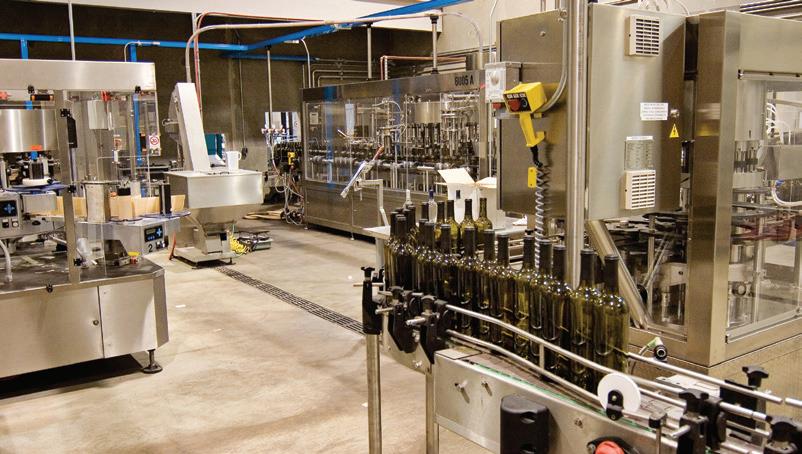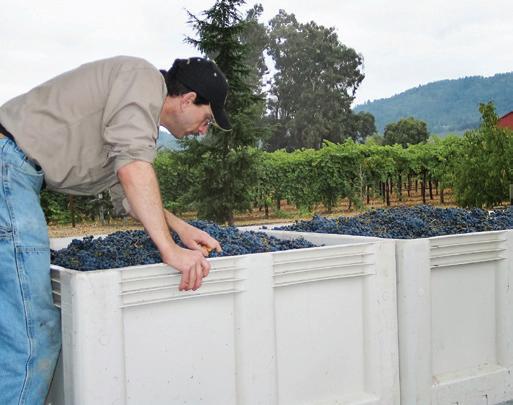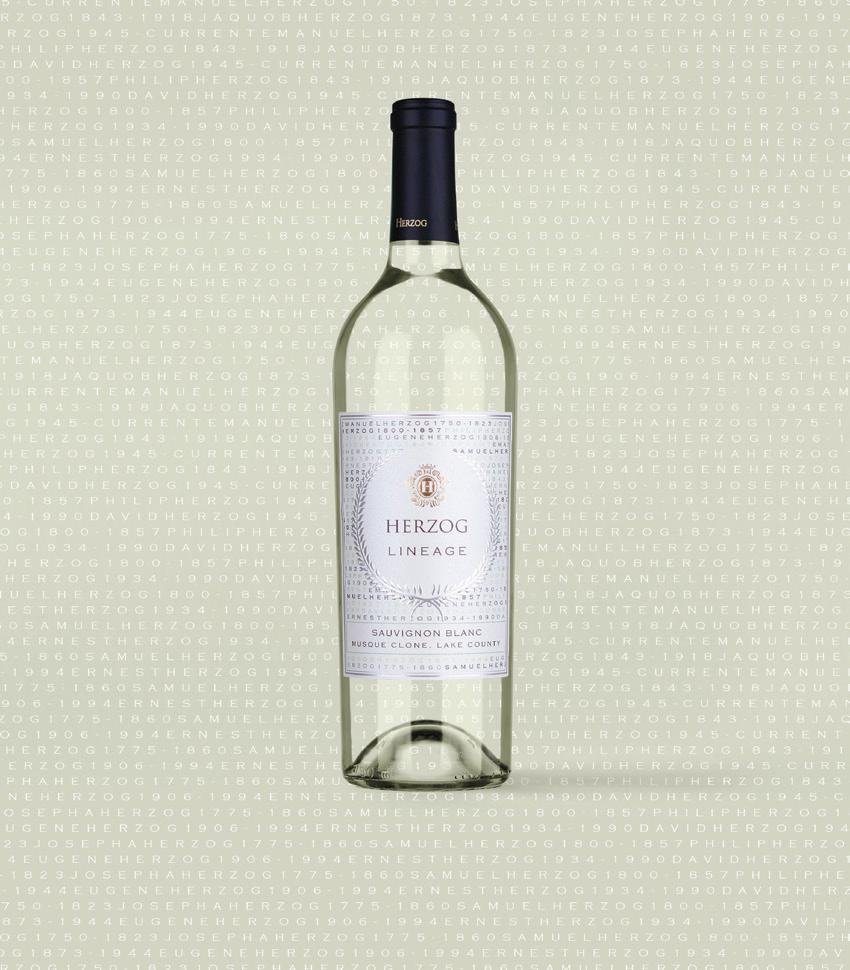
4 minute read
MEVUSHAL DOWN
from WineGuide_March2021
by Design2Pro
The Herzog Winery’s bottling process
MEVUSHAL WINES,
Advertisement
Boiled Down
By Joshua E. London
The Hebrew term yayin mevushal, literally cooked wine, is the Jewish legal term for kosher wine and grape juice—and these are essentially interchangeable products in this context—that undergo a special thermal processing to a required temperature, specified by kosher food supervision agencies guided by halacha, or Jewish law. In the past, however, the word “mevushal” has had an association with substandard quality wine.
“Mevushal wine has gotten a bad rap,” said Dovid Riven, president of Kosherwine.com, the largest kosher wine e-commerce retailer in the United States, “but there are some truly outstanding mevushal wines today.”
“When correctly done,” said Ernie Weir, owner and winemaker of the kosher Hagafen Cellars in Napa, California, “when done at the right stage of the wine’s development, using the right techniques, the mevushal process does not alter the wine at all.”
Weir produced his first mevushal wine in 1985, and all Hagafen’s wines have been made mevushal since 1993. “When you know what you’re doing, and you’re doing it right,” added Weir, “the process doesn’t have any negative effect on the wine.”
This “heating of wine,” explained Rabbi Nachum Rabinowitz, senior rabbinic coordinator and wine expert for the Orthodox Union, “is done to relax the handling restrictions associated with kosher wine.” It basically helps protect and maintain the status of wine that is already kosher, or fit for Jewish religious life.
For unlike most other areas of the kosher dietary code, the primary issue with wine is not the ingredients, but the labor involved in its production, and the handling of the wine once the bottle is opened. Kosher wine is essentially just wine made by Sabbath-observant Jews, but keeping it kosher requires strict controls—if the wine is also mevushal, however, many of these handling restrictions can be greatly relaxed.
“In Jewish tradition wine is considered a holy beverage,” said Jeff Morgan, the vintner and co-owner of the kosher Covenant Winery, in
Herzog winemaker Joe Hurliman inspecting grapes at harvest.
California and Israel, “but making it mevushal alters the wine’s spiritual essence” and “makes the wine less susceptible to ritual proscription” so “anyone—whether kosher or not— can open a bottle of mevushal wine without affecting its kosher status.”
Further, as Morgan noted, “while mevushal does literally mean cooked or boiled, in reality, mevushal wines are not quite heated to a boiling temperature.” Indeed, contemporary kosher winemakers—being serious and technically proficient—have developed and adapted processes to render wines mevushal that greatly minimize, if not eliminate, potential adverse effects.
One of the most widely used processes for thermally processing wines is known as flash pasteurization, in which the wine is passed through a heat exchanger that allows for rapid heating and cooling, so that the liquid is both brought to the required temp and then cooled “in a flash.” This speed minimizes any potential negative impact on the wine.
“Good wine comes from good grapes,” said Amichai Lourie of the Israeli Shiloh Winery, pointedly refraining from emphasizing any negative phrasing, “a winemaker can mess it up, certainly, but starting with high quality grapes gets you more than halfway there—you can make good wines, you can make bad wines; similarly you can make good mevushal wines, or bad mevushal wines.”
Some of Shiloh’s most critically and commercially successful wines are also made mevushal. “The process,” said Lourie, “is less significant than the ingredients.”
Noting that his mevushal wines often show better in tastings and often get better ratings from critics than his non-mevushal wines, Lourie feels it “it is important to provide those who need mevushal wines with quality options—rather than garbage or uninspired plonk.”
As a winemaker who caters to Jews around the globe, said Lourie, “it is important to keep in mind that outside of Israel, many people have a real need for mevushal wine. They should know that Shiloh Winery aims to provide the best mevushal wines we can.”
“Mevushal winemaking is ultimately no more than an economic consideration,” added Morgan. Covenant has been producing four mevushal wines under their Mensch and Tribe labels since 2014.
“Because of halachic requirements, proscriptions and interpretations,” said Morgan, “we kosher winemakers—particularly in America—are obliged to consider making mevushal wine in order to have our wines served in public settings, like at kosher restaurants and kosher catered events.”
“In my experience,” added Lourie, “mevushal is like almost any other challenge that one chooses to undertake—if you are willing to commit to doing it well, to learn how to do it the best way you can, the results can be amazing!”
“There were, and still are, a lot of naysayers to the mevushal process,” noted Weir, whose Hagafen wines have been routinely praised for their quality and sell well outside of the kosher market, “but I think pretty much that our track record and longevity has proven to people that this is a process that, when done correctly, does not harm the wine.”
“Folks should stop beating up on mevushal wine,” said Riven, “for mediocre wine is mediocre, good wine is good, and great wine is great—the technical processes of how quality and standards are maintained is just not so compelling a conversation these days. The fact is, there are consistently great mevushal wines being made every year.”












